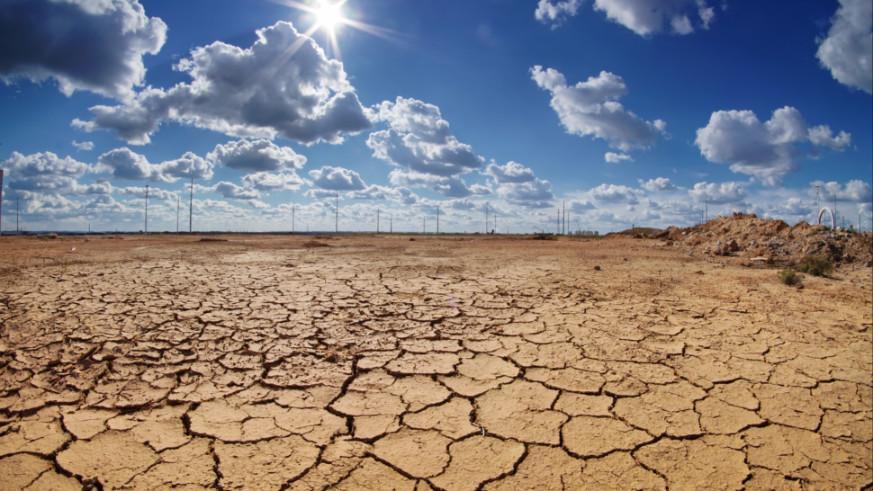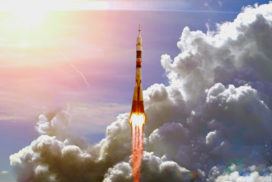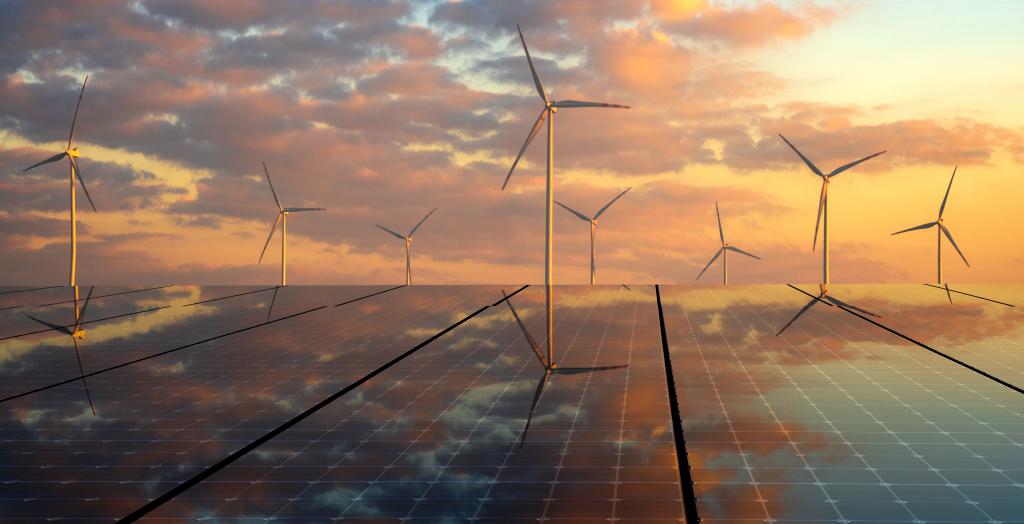The Pandemic: scenarios and global consequences
Federica Lollo and Alessandro Politi

This short article is divided into two parts: one seeing what are the possible pandemic scenarios ahead, showing that an extensive co-operation is necessary, and the other detailing probable consequences on global balances. The final assessment is sobering beyond rhetoric calls to self-sufficiency.
Pandemic scenarios and general needs
Pandemics and epidemics put humanity under a magnifying glass: they question our social relations with mortality, death and life. Furthermore, they open new perspectives on human interaction with the environment (both the environment that we adapted to our necessities and the natural one, responding to the previous) and on human relationships with each other’s. Pandemics and epidemics shape history and could be considered like portals that give humanity the opportunity to rethink about its structure and values, and to assess its weaknesses.
The Coronavirus pandemic reminds us that we live in a so-called risk society, pervaded by a sense of an undefined but omnipresent threat that is one of the common denominators of our era. We become more and more dependent on specialised scientific knowledge to decide what is dangerous and what it is not; so, relying on science we will be defining our lifestyles and global scenarios in the long-term. Here are some possible short-term developments.
Source: The New York Times, modified from the Center for Infectious Disease Research and Policy
The Center for Infectious Disease Research and Policy, at the University of Minnesota, has developed three hypotheses on Coronavirus future waves (as in the above graph): considerable peaks and valleys diminishing over a year or two; fall or winter peaks as the common flu; and, slow burn over the years.
Whatever the outcome will be, decision-makers will have to face problems that are essential for the resilience of our societies and nations. They need to balance citizens’ safety and the use of surveillance technologies to monitor the virus trends, reconciling privacy and health. Access to health services needs to be guaranteed also to the weakest sectors of populations. It will be necessary to preserve a relatively free circulation of persons at regional and international level in order to prevent economic collapse.
All this requires an unprecedented level of co-operation and solidarity that by the last quarter of 2020 is still difficult to see, as it is unclear how scientific co-operation is being carried out and a fair distribution of the vaccines is planned. Despite some warnings, many governments and public opinions seem not to have fully understood neither the nature nor the wide-ranging consequences of this event.
The nature of the event
The COVID-19 pandemic must be taken for what it is: a global stressor (not just a stress test, but a real-life stressing agent), putting increased pressure on already very visible and vulnerable fault lines and global shaping flows.
Effects on democracy
For the moment (25th of September 2020) some six countries seem to have managed rather well the pandemic, some despite initial serious errors and avoiding important new hotbeds: Australia, China, Finland, New Zealand, Taiwan and Singapore. Leaving aside the civilizational clash nonsense, four are democracies, one is a partial democracy and one is a single-party regime.
Repercussions on globalisation
Different is the outlook for the multilateral framework that underpins a still existing globalisation, particularly because political elites are often out of sync with economic realities. The response of each major government, particularly in the European Union, has been and continued to be rather uncoordinated and also NATO has had its own problems in providing a coherent response. Usually international bodies get the blame, but they have an inherently more complex decision-making process, often slowed by the biggest countries, the same that seem blandly concerned or not worried by two possible threats.
Double storm ahead
Firstly, there is a strong probability of another severe financial and economic crisis in 2020 and a non-negligible possibility of a major war, if the globalisation/de-globalisation dynamics were mismanaged at the highest political level.
As the economist Nouriel Roubini correctly points out, this new crisis underway is much faster in its development by two orders of magnitude in terms of time (weeks instead of years) and much harder because it represents a double shock on demand and supply. If the virus diffusion is not energetically suppressed and blanket financial assistance measures are not swift enough to bridge the gap for ordinary citizens who have lost income, the serious recession risks to become a global record economic depression, dwarfing the 1929 Great Depression. As we know this depression paved the way, among other factors like resurging nationalism, weak international collaboration and democratic slides, for the Second World War.

Federica Lollo
She is Programme Manager at the NATO Defense College Foundation. She worked in different international bodies such as the International Organisation of the Francophonie and the United Nations Institute for Training and Research in the Multilateral Diplomacy Programme. She collaborated on the volume “I Balcani occidentali al bivio. La NATO, KFOR e il ruolo dell’Italia” with Informazioni della Difesa.

Alessandro Politi
Global political and strategic analyst with 30 years of experience, he is Director of the NATO Defense College Foundation. He teaches geopolitics and intelligence at the SIOI. He was senior researcher for the Italian MoD on Latin America and global issues. He has worked with four Defence Ministers, while consulting for other three major decision makers and several governmental bodies.







